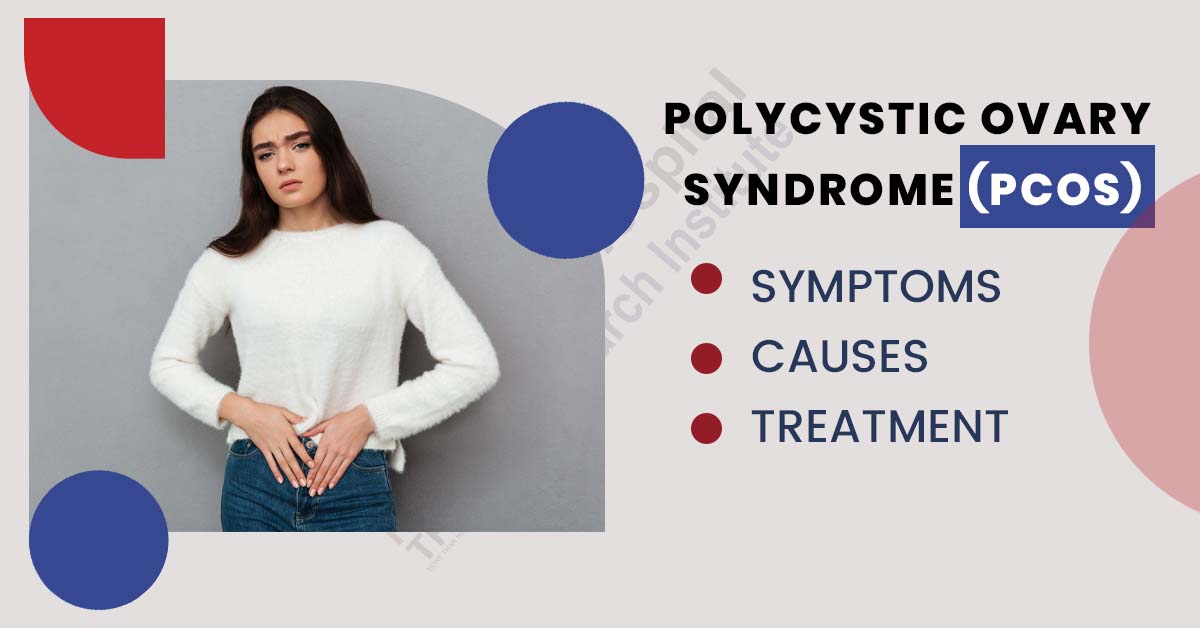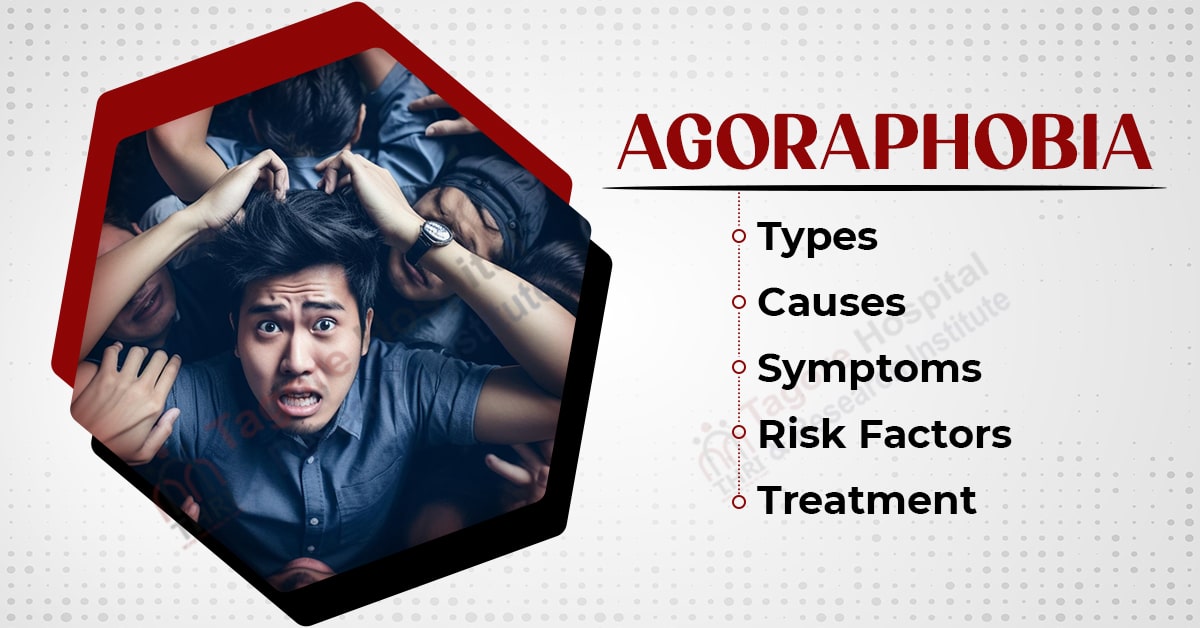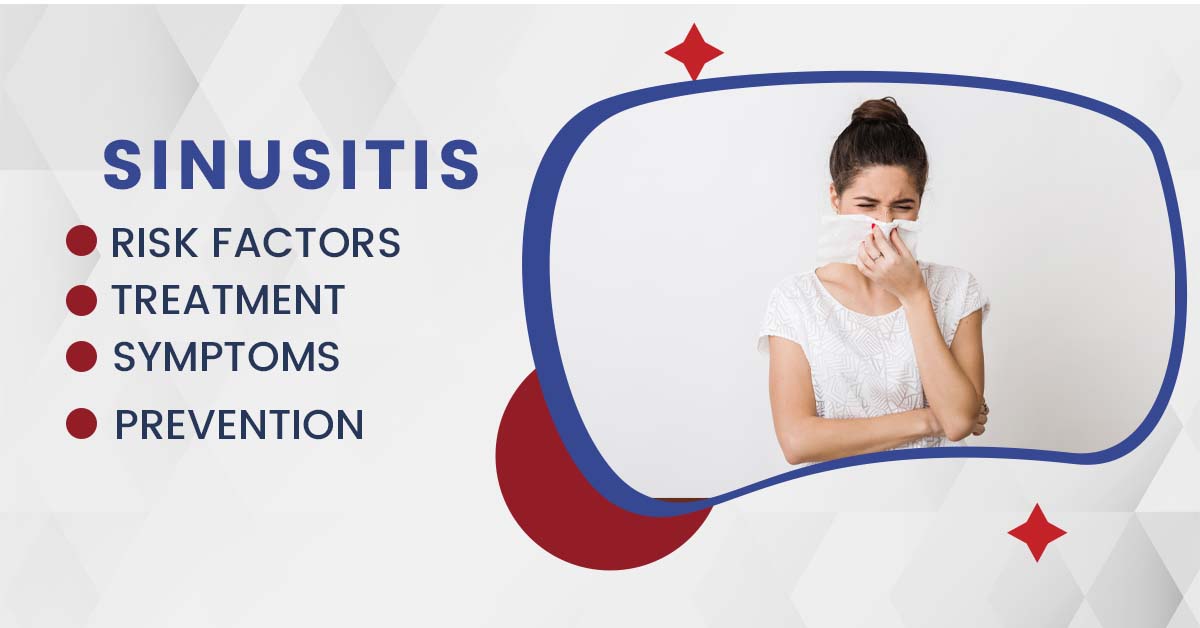- By THRI admin
- Posted January 04, 2023
A hormonal issue that occurs during the reproductive years is called polycystic ovary syndrome (PCOS). You might not experience period pain if you have PCOS. Alternatively, you might experience lengthy periods. A possible cause for your symptoms could be an overproduction of the hormone androgen in your body.
Numerous tiny fluid sacs form along the ovary's outer edge when someone has PCOS. Cysts are what these are known as. Undeveloped eggs are found within the tiny cysts of fluid. The term for these is follicles. Eggs are not released regularly from the follicles.
It is unclear what specifically causes PCOS. Losing weight and receiving early diagnosis and treatment may help to reduce the risk of developing long-term complications like type 2 diabetes and heart disease.
What is PCOS?
The condition known as polycystic ovarian syndrome (PCOS) is brought on by an excess of male hormones produced by the ovaries, which are the organs responsible for producing and releasing eggs. Your ovaries produce excessive amounts of androgens if you have PCOS.
Your hormones related to reproduction become out of balance as a result. People with PCOS frequently experience irregular menstrual cycles, missed periods, and unpredictable ovulation as a result.
When there is no ovulation (anovulation), small cysts (fluid-filled sacs) may form on your ovaries. Nevertheless, despite the name "polycystic," PCOS does not require ovarian cysts.
Infertility in women is frequently brought on by PCOS. Your risk of developing additional medical problems may also increase. Based on your symptoms and whether you intend to have children, your doctor can determine the best course of treatment for PCOS.
Causes of PCOS:
Doctors do not yet fully understand what causes PCOS. High levels of male hormones are thought to prevent the ovaries from producing hormones and eggs normally. Although the precise cause of PCOS is unknown, there is evidence to suggest that genetics play a significant role.
Numerous additional factors contribute to PCOS:
- Higher levels of male hormones (androgens): Higher levels of androgen prevent the ovaries from releasing eggs (ovulation), resulting in irregular menstrual cycles. Acne and excess hair growth might also be caused by high androgen levels in women.
- Insulin resistance: Assisting the body in utilizing sugar from energy foods is insulin, a hormone produced by the pancreas. Symptoms of PCOS are exacerbated by high insulin levels, which cause the ovaries to produce and release male hormones, suppressing ovulation. Type 2 diabetes is also associated with obesity, which increases insulin resistance.
- Low-grade inflammation: There is a tendency among women with PCOS to have low-grade chronic inflammation. A blood test can reveal the level of inflammation in the body by measuring C-reactive protein (CRP) and white blood cells. A person who is overweight may also suffer from inflammation. A higher level of androgen is associated with excess inflammation.
Symptoms of PCOS:
While some women become aware of their symptoms around the time of their first period, others only learn they have PCOS after they have gained a lot of weight or have trouble getting pregnant.
The most prevalent signs of PCOS are:
- Period irregularities: When ovulation is absent, the uterine lining does not shed as it should each month, resulting in missed periods or no periods at all.
- Heavy bleeding: The uterine lining accumulates for a more extended period, resulting in heavier than usual periods (when they occur).
- Hair growth: Women who suffer from PCOS experience excessive hair growth on their faces, bodies, backs, bellies, and chests.
- Acne: A male hormone imbalance causes oilier skin, causing breakouts on the face, chest, and upper back, which can be difficult to treat.
- Weight gain: PCOS patients experience weight gain, obesity, and difficulty losing weight.
- Male pattern baldness: Loss of hair or thinning of hair on the scalp
- Darkening of the skin: A woman with PCOS will notice dark patches under her breasts, under the armpits, and in the body creases.
- Headaches: Certain women experience excruciating headaches when their hormones change.
- Skin tags: In women with PCOS, there are often small flaps of extra skin around the armpits or neck.
- Infertility: Women with PCOS are more likely to experience infertility. Women who don't ovulate or have decreased ovulation may not be able to conceive as they are unable to produce enough eggs for fertilization. It is common for women with PCOS to experience infertility.
How does PCOS Affect your Body?
PCOS is often treated for its unwanted hair growth and acne, but its unnoticed complications are far more problematic. This condition has significant health implications, including increased risk for:
- Infertility (difficulty getting pregnant)
- Miscarriage
- Type 2 diabetes
- Abnormal cholesterol
- Sleep apnea
- Endometrial cancer
- Anxiety
- Obesity
- Pregnancy complications
- Depression
- Metabolic syndrome
- Fatty liver
- Heart disease
Diagnosis of PCOS:
If you have a medical history or are experiencing current symptoms, your doctor will ask you about it. A physical examination is also planned for you. A pelvic examination is probably part of this. Your reproductive organs' internal and external conditions are examined during this examination.
A few of PCOS's symptoms resemble those of other medical conditions. Due to this, you might also undergo exams like:
- Pelvic exam: Your healthcare professional might look for lumps, growths, or other changes in your reproductive organs during a pelvic exam.
- Ultrasound: In this exam, blood arteries, tissues, and organs are visualized using sound waves and a computer. Cysts and the size of the ovaries are assessed during this examination. Also, the endometrium (uterine lining) can be measured with this test.
- Blood tests: These scan for androgen and other hormone concentrations that are elevated. Your blood glucose levels could also be checked by a medical professional. You can also have your triglyceride and cholesterol levels checked.
Complications of PCOS:
When a woman develops PCOS or PCOD, she wonders what will happen to her body. Having high androgen levels may negatively impact your health. The PCOS or PCOD problems listed below are their complications, and they all need medical attention:
- Irregular uterine bleeding
- Obesity or infertility Infertility
- Type 2 diabetes
- Preterm labor and premature birth
- Risk factors for diabetes, heart disease, high blood pressure, and stroke include those associated with metabolic syndrome.
- NASH stands for non-alcoholic steatohepatitis.
- Depression (Many women experience anxiety and depressive symptoms as a result of unwelcome hair growth and other symptoms)
- Sleep apnea (more prevalent in overweight women) causes frequent breathing pauses throughout the night, which disrupts sleep.
- Endometrial cancer as a result of uterine lining thickening
- An unplanned pregnancy termination is called a miscarriage
Treatment for PCOS:
Several variables affect how PCOS is treated. These could consist of your age, the severity of your symptoms, and your general health. Whether or not you intend to get pregnant in the future may also influence the type of treatment.
If pregnancy is your goal, you might receive the following treatments:
- A change in diet and exercise: You can reduce your symptoms and gain weight with a healthy diet and more exercise. Moreover, they may help your body use insulin more effectively, lower blood sugar levels, and even promote ovulation.
- Medications that stimulate ovulation: The ovaries' ability to release eggs normally can be assisted by medications. There are also some risks associated with these medications.
They may raise the possibility of having twins or more during pregnancy. They can also stimulate the ovaries excessively. When this occurs, the ovaries overproduce certain pelvic pain, and bloating is a couple of the symptoms it can produce pelvic pain.
If pregnancy is not in your future, you might receive the following treatments:
- Birth control pills: These aid in regulating menstrual cycles, bringing down androgen levels, and clearing up acne.
- Diabetes medication: Using this frequently can help PCOS patients with insulin resistance. Moreover, it may lower androgen levels, promote ovulation more frequently, and reduce hair growth.
- A change in diet and activity: Eating well and exercising more will help you lose weight and lessen your symptoms. They can also lower blood sugar levels, improve insulin sensitivity, and perhaps even encourage ovulation.
- Medication for other symptoms: Some medicines can lessen acne or hair growth.
When to See a Doctor?
If you're having trouble getting pregnant, experiencing irregular periods, or exhibiting symptoms of excess androgen, consult a medical professional. These could include male-pattern baldness, acne, and new hair growth on your face and body.
Read also: Ovulation Bleeding
Tags





